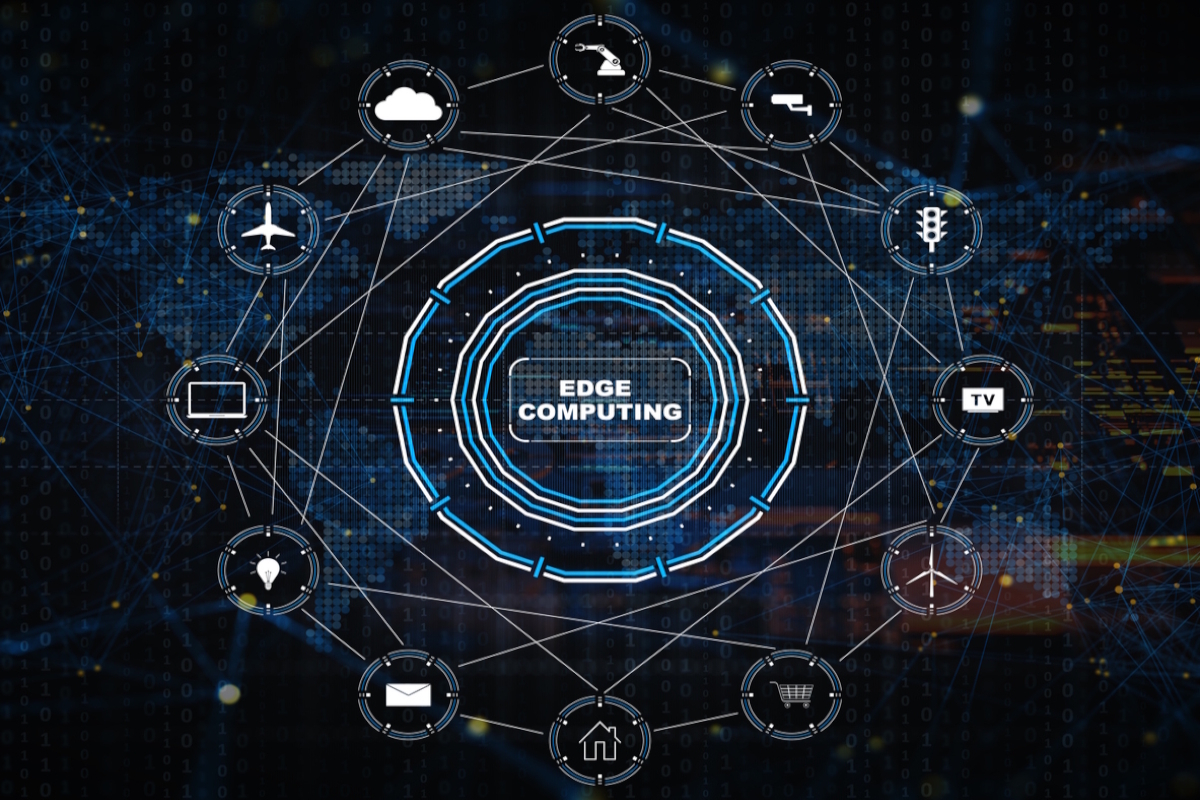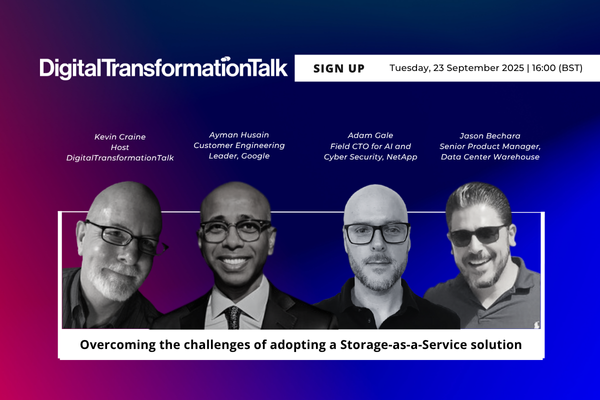The Expert View: AI in recruitment: balancing efficiency, ethics and the human touch
Sponsored by IndeedFlex
How can organisations harness the benefits of AI in HR while addressing its risks and ensuring inclusivity?
The rapid integration of artificial intelligence into HR and recruitment is reshaping how organisations source, assess and manage talent. At a recent Business Reporter dinner briefing hosted by Indeed Flex in London, delegates gathered to share their experiences of AI adoption, the challenges it poses and the opportunities it creates for HR leaders across industries.
Attendees represented a broad cross-section of sectors, including hospitality, logistics, retail and supply chain, with contributions from senior HR executives, talent acquisition leaders and technology specialists.
AI implementation and benefits
Delegates agreed that AI is already delivering measurable results across recruitment and workforce management. CV screening, scheduling and conversion of temporary to permanent roles were among the processes most frequently cited as benefiting from automation.
Indeed Flex shared its experience with AI-powered “agents” such as Career Scout and Talent Scout, designed to streamline hiring by reducing administrative burden and increasing placement efficiency. Other participants noted that AI had improved the management of hourly-based roles and reduced the strain on HR teams during peak hiring periods.
The consensus was that AI can not only drive efficiency and cost savings but also improve candidate experiences. By automating repetitive tasks, HR professionals are able to spend more time on meaningful, human-centred interactions. However, several participants stressed the need to ensure that AI is introduced with care, so as not to erode the quality of engagement with candidates.
Challenges and concerns
Despite its advantages, participants highlighted significant concerns about AI adoption. One recurring theme was the potential for AI to exacerbate bias in recruitment processes, particularly if algorithms are trained on incomplete or non-representative data. There was specific concern in relation to older and neurodiverse candidates, who may be disadvantaged by automated screening methods.
The difficulty of applying AI effectively for senior or specialised roles was also highlighted. Several delegates observed that leadership hiring relies heavily on nuanced judgment and context, areas where AI currently has significant limitations.
Some important points were raised from representatives of sectors where in-person interaction forms the foundation of both customer and employee experience. In these instances, it was agreed that there needed to be a delicate balance of AI adoption and human interaction and judgement to ensure quality recruitment aligned with efficiency.
Heavy reliance on AI in recruitment was viewed as potentially harmful, with some fearing it could contribute to higher attrition rates if AI selected inappropriate candidates for roles.
Financial pressures in industries such as logistics were acknowledged as drivers of AI adoption, but participants cautioned against framing AI solely as a cost-saving tool at the expense of inclusivity and long-term value.
Balancing AI with human interaction
A consistent theme throughout the discussion was the need to balance automation with human judgment. Delegates stressed that while AI can add significant value by reducing administrative overhead, it cannot fully replicate the empathy, intuition and cultural awareness that HR professionals bring to recruitment.
One practical approach discussed was using AI for pre-sorting CVs, enabling recruiters to spend more quality time with shortlisted candidates. Others recommended combining AI-driven skills assessments with behavioural evaluations conducted by humans, ensuring that both technical capabilities and cultural fit are considered.
There was a clear consensus that AI should act as an enabler rather than a replacement, with the feeling being that organisations that rely too heavily on automation risk undermining candidate experience and damaging long-term retention.
Ethical considerations and regulations
Ethics and compliance were also major areas of focus. Several delegates pointed to the need for strong governance in AI usage, including clear guardrails to prevent misuse of generative AI tools in recruitment. Examples discussed included company-specific AI ethics boards, documented protocols for safe usage and policies requiring that AI-generated outputs be checked and cited appropriately.
The importance of training employees on ethical AI use was also stressed, with one delegate noting the risks of staff unintentionally sharing sensitive information with third-party platforms. Others highlighted the need for greater transparency in how AI makes decisions, particularly in candidate assessments, to ensure inclusivity and avoid reputational damage.
Regulatory pressures are expected to grow, with participants predicting increased government scrutiny of AI in HR. Compliance frameworks were seen as vital not only for avoiding penalties but also for maintaining trust with both employees and candidates. Several suggested that forthcoming regulations could also create opportunities, driving innovation and standardisation across the sector.
The future of work and organisational models
Looking ahead, delegates explored how AI might reshape workforce structures and organisational models. While there was acknowledgement of the potential for headcount reduction, the discussion emphasised the opportunities for labour redistribution, allowing employees to move away from repetitive administrative tasks and towards more strategic, value-adding roles.
Education was highlighted as essential to preparing both the current and future workforce. Some argued for AI literacy to be embedded in schools and universities to prepare the next generation of workers, while others noted the need to upskill existing employees to adapt to AI-driven processes.
Several participants predicted the creation of entirely new job categories centred on AI oversight, ethics, compliance and governance – roles that will be critical to ensuring AI delivers sustainable benefits without undermining trust or inclusivity.
A holistic approach
The overarching conclusion from the dinner briefing was that AI represents a powerful tool for transforming HR and recruitment, but only if adopted in a way that balances efficiency with responsibility.
Delegates agreed that success will depend on striking the right balance: automation must complement rather than replace human expertise; cost savings must be weighed against long-term growth opportunities; and innovation must go hand-in-hand with ethical responsibility.
As one participant observed, organisations that succeed will be those that embrace AI as a partner in transformation, while ensuring that the human touch remains at the heart of recruitment.
To learn more, please visit: www.indeedflex.com

Business Reporter Team
Most Viewed
Winston House, 3rd Floor, Units 306-309, 2-4 Dollis Park, London, N3 1HF
23-29 Hendon Lane, London, N3 1RT
020 8349 4363
© 2025, Lyonsdown Limited. Business Reporter® is a registered trademark of Lyonsdown Ltd. VAT registration number: 830519543





